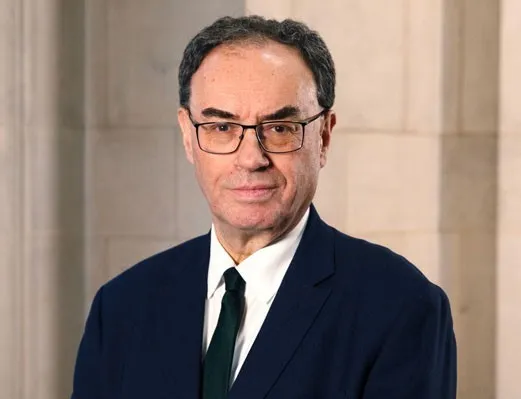
Bank of England governor Andrew Bailey warned that the base rate would not be lowered “too quickly or by too much” after the rate-setters cut the rate to 4% from 4.25%.
Bailey said: “We’ve cut interest rates today, but it was a finely balanced decision,” Bailey said at a press conference following the decision by the Monetary Policy Committee released at noon.
The Bank’s nine-member MPC voted narrowly 5-to-4 in favour of making its third rate cut this year and the fifth since last August.
Some observers see the tight vote as evidence that the committee’s quarterly rate cut cycle may be paused.
Rate-setters who voted to hold voiced concerns about rising inflation in the MPC minutes, released today.
In the year to June, inflation rose to 3.6%, partly due to higher food and clothing costs, as well as rising prices for air and rail travel. This is above the Bank’s 2% inflation target.
But Bailey said: “There are good reasons to think that this rise in headline inflation will not persist.”
The governor said he expected that slowing pay growth would feed through to slower price rises in the services sector.
But he forecast that prices would continue to rise to double the Bank’s inflation target next month.
Bailey said: “We think inflation will increase to around 4% in September.
“Our job is to ensure that inflation falls back to the 2% target once these temporary factors have passed, as we expect to see.
“So, it remains important that we do not cut Bank rate too quickly or by too much.”
The Bank now forecasts that UK growth figures for the second quarter of the year, due to be published next week, will show a sharp slowdown to just 0.1% growth.
That compares to a 0.7% expansion in the first three months of this year.
But Bailey said that the current path of interest rates “continues to be downward,” a view he added he has not changed since May.
However, the governor said that rate-setters were now faced with “genuine uncertainty” because there are risks both of inflation overshooting its forecasts and of growth undershooting.
“We are balancing those two risks. The path has become more uncertain,” Bailey said.



